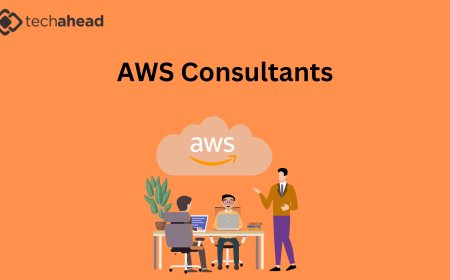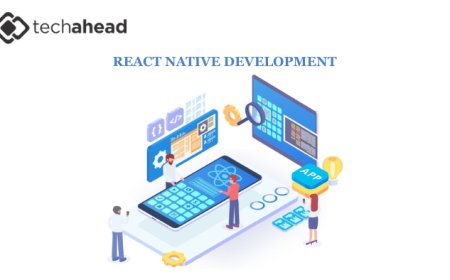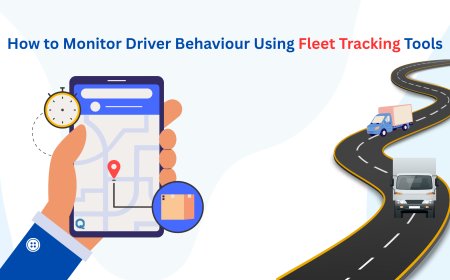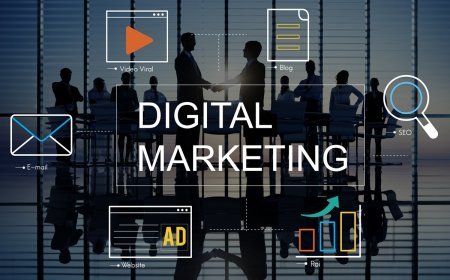Empowering Your Organization Through Strategic Planning Facilitation
I could use this space to tell you about my being a proven executive, business owner, CEO and all that other blah, blah, blah but what I really want to tell you is how much I love coaching.

In today's rapidly evolving business landscape, the ability to adapt, innovate, and thrive hinges on a clear roadmap for the future. Yet, for many organizations, the concept of "strategic planning" can conjure images of tedious meetings, uninspired brainstorming, and a final document gathering dust on a shelf. This is where strategic planning facilitation comes in transforming a potentially daunting task into a dynamic, engaging, and ultimately successful endeavor.
As a seasoned professional in the realm of organizational development, I've witnessed firsthand the transformative power of well-facilitated strategic planning. It's more than just guiding a conversation; it's about expertly weaving together diverse perspectives, challenging assumptions, fostering consensus, and ultimately empowering an organization to chart a course for sustainable growth and impact.
Why Facilitation is the Linchpin of Effective Strategic Planning
Imagine a symphony orchestra without a conductor. Each musician, however talented, would play their own tune, resulting in cacophony rather than harmony. Strategic planning without skilled facilitation can be much the same. Here's why facilitation is not just beneficial, but essential:
-
Neutrality and Objectivity: An external facilitator brings an unbiased perspective to the table. They are not beholden to internal politics, departmental silos, or pre-conceived notions. This neutrality creates a safe space for open dialogue, ensuring all voices are heard and considered on their merit, not their position.
-
Structured Process and Expertise: A facilitator provides a proven framework and a carefully designed process. They are experts in guiding groups through complex discussions, employing a range of tools and techniques to stimulate creativity, analyze data, and prioritize initiatives. This structured approach prevents discussions from spiraling and ensures all critical elements of strategic planning are addressed systematically.
-
Enhanced Engagement and Buy-in: Traditional strategic planning often feels like a top-down mandate. Facilitation, conversely, champions inclusivity. By actively involving stakeholders from all levels of the organization, a facilitator fosters a sense of ownership and commitment. When people contribute to shaping the vision, they are far more likely to champion its execution.
-
Conflict Resolution and Consensus Building: Disagreements are inevitable, and even healthy, during strategic discussions. A skilled facilitator possesses the emotional intelligence and communication prowess to navigate these challenges constructively. They can identify underlying concerns, mediate differing viewpoints, and guide the group towards shared understanding and actionable consensus.
-
Focus and Efficiency: Time is a precious commodity. A facilitator keeps discussions focused and on track, preventing tangents and ensuring that valuable meeting time is used effectively. They are adept at summarizing key points, identifying action items, and ensuring momentum is maintained throughout the planning process.
-
Unlocking Innovation and Creative Thinking: Sometimes, the greatest obstacle to strategic breakthrough is a lack of fresh perspectives. Facilitators employ techniques that encourage out-of-the-box thinking, challenge existing paradigms, and help teams identify innovative solutions and opportunities that might otherwise be overlooked.
The Facilitation Journey: From Vision to Execution
A successful strategic planning facilitation journey typically unfolds in several key stages:
-
Preparation and Discovery: This initial phase involves understanding the organization's current state, its challenges, opportunities, and desired outcomes. The facilitator works closely with leadership to define the scope, objectives, and key participants for the planning process.
-
Environmental Scan and Analysis: This stage involves a thorough examination of the internal and external environment. Techniques like SWOT analysis (Strengths, Weaknesses, Opportunities, Threats), PESTLE analysis (Political, Economic, Social, Technological, Legal, Environmental), and competitor analysis are often employed to provide a comprehensive picture.
-
Vision and Mission Development: This is where the organization collectively defines its aspirational future (vision) and its core purpose (mission). The facilitator guides discussions to ensure these statements are clear, compelling, and truly reflect the organization's essence.
-
Goal Setting and Strategy Formulation: With the vision and mission in place, the focus shifts to setting specific, measurable, achievable, relevant, and time-bound (SMART) goals. The facilitator then helps the group brainstorm and evaluate various strategies to achieve these goals, considering resource allocation and potential risks.
-
Action Planning and Implementation: A strategic plan is only as good as its execution. This stage involves breaking down strategies into concrete action plans, assigning responsibilities, setting timelines, and establishing metrics for tracking progress. The facilitator also emphasizes the importance of communication and ongoing monitoring.
-
Review and Adaptation: Strategic planning is not a one-time event but an ongoing cycle. The facilitator can help establish mechanisms for regular review and adaptation, ensuring the plan remains relevant and responsive to changing circumstances.
Beyond the Boardroom: The Lasting Impact
The benefits of strategic planning facilitation extend far beyond the creation of a document. It fosters a culture of collaboration, empowers employees, clarifies priorities, and ultimately, drives organizational success. It's an investment in your future, ensuring your organization is not just reacting to change, but actively shaping its destiny.
If your organization is contemplating its next strategic move, consider the invaluable role of a professional facilitator. It could be the difference between a plan that merely exists and one that truly propels your organization toward a vision of sustained success and meaningful impact.





















![Top 11 Real Estate Mobile App Developers in Riyadh, Saudi Arabia [2025 Edition]](https://www.philadelphialivenews.com/uploads/images/202506/image_430x256_68621a9e48997.jpg)






















![Top 11 Real Estate Mobile App Developers in Riyadh, Saudi Arabia [2025 Edition]](https://www.philadelphialivenews.com/uploads/images/202506/image_140x98_68621a9e4a204.jpg)

